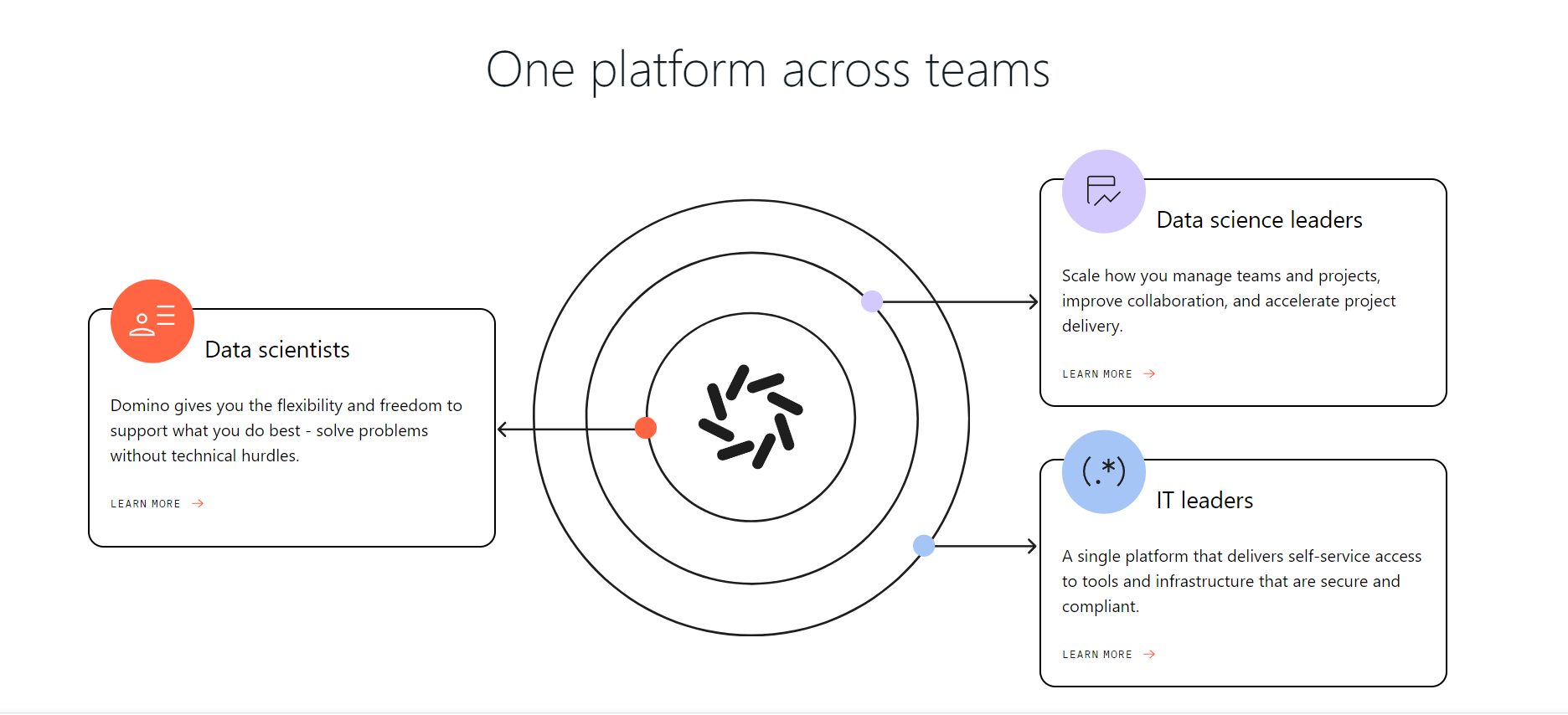Domino & NetApp ‘line up’ on common data science platform for cloud AI
Domino Data Lab used its appearance at NetApp Insight to announce a strategic collaboration designed to help unlock AI power using NetApp’s advanced hybrid file storage technology in Domino.
Domino and Intelligent data infrastructure company NetApp says that users can now grasp one platform to manage both workloads and data movement in the hybrid cloud as well as across environments.
The concept here? To make data AI-ready anytime, anywhere and simultaneously scaling data and AI, all with the efficiency, portability and auditability required by enterprises.
The companies suggest that data scientists and IT operate in silos where valuable resources, effort and time are spent trying to scale AI. These initiatives lack the security and efficiency to innovate at the pace business leaders expect and fall short of governance to comply with policies and regulations.
AI lifecycle
The result is increased risk, excessive costs and lost revenue opportunities. By combining enterprise data and AI management across the AI lifecycle, Domino and NetApp are opening the path for new strategies devoid of such compromises.
“Enterprises cannot capture AI’s opportunity without a unified approach to data and models,” said Jonsi Stefansson, SVP and CTO of cloud operations at NetApp. “Our collaboration with Domino allows organisations with a single advanced, unified AI and data stack to scale AI innovation easily, quickly, safely and responsibly across the world’s largest clouds.”
The two companies will co-develop a joint capability streamlining hybrid data and AI operations – allowing data scientists using Domino to provision and share high-performance storage volumes across cloud and on-premises environments with a single click. Powered by NetApp ONTAP and BlueXP, the integration will offer snapshotting, caching and synchronisation features, ensuring full data traceability and model reproducibility, a critical requirement for preserving audit trails and meeting regulatory compliance. With seamless access to data, AI developers can innovate on models faster while simultaneously satisfying IT needs for secure data management.
“AI innovation stalls when teams must balance it with technical complexity and governance,” said Nick Elprin, co-founder and CEO of Domino. “Together with NetApp, we’re smashing these barriers, helping our customers unleash AI’s full potential immediately.”
“Enterprises have invested heavily in big data, analytics and cloud-based initiatives over the past decade, yet many still struggle to unlock the full potential of AI,” said Howard Dresner, founder and chief research officer at Dresner Advisory. “Cohesive methods for orchestrating models across any infrastructure and governing data precisely is key for responsible and efficient AI deployment.”
The joint Domino and NetApp solution also eliminates the need to choose between velocity and enterprise readiness, innovation and risk management, or value and return on investment (ROI) of AI initiatives. It does this by creating a common operating environment across all data and models, integration with the world’s largest clouds and a common control plane – coupled tightly with the AI model development lifecycle to streamline the AI and data lifecycle.
 This allows enterprises to scale AI and data simultaneously across any infrastructure. Costly data movements or delays impede data, infrastructure and tool orchestration.
This allows enterprises to scale AI and data simultaneously across any infrastructure. Costly data movements or delays impede data, infrastructure and tool orchestration.
Efficient data movement and replication, powered by NetApp ONTAP, makes that data instantly and securely available at scale on the infrastructure where it’s needed for training and inferencing of models, with full resilience and security. Teams can co-locate data, infrastructure and AI tooling with seamless cloud bursting to accelerate AI projects, ensure compliance with data sovereignty regulations and drive cost-efficient cloud or repatriation strategies.
Domino Cloud powered by Amazon FSx for NetApp ONTAP is available now on AWS Marketplace. Additional capabilities will be available in early 2025.




